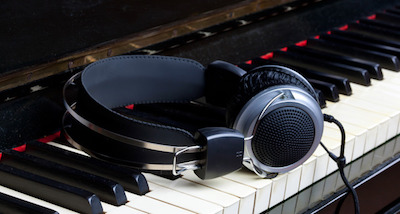When you have your first child, your life becomes a whirlwind of reading and educating yourself to be the best parent you can be. And at some point, you probably ran across an article or two that said how good listening to classical music is for your baby.
It’s called the Mozart effect. And it’s been studied for a long time.
Back in the 1990s, a group of researchers at the University of California Irvine performed a test in which they divided students into three groups. They played Mozart for one, self-hypnosis audio for another, and the third sat in silence. Then they were each asked to perform a series of tests. Those who listened to Mozart averaged higher performance than the other two groups, and the “Mozart theory” was born.
From there, a whirlwind of products were created touting the benefits music had on our lives. Things like Baby Einstein videos were developed, allowing parents to put educational toys and videos in front of their children, and allow a few moments of guilt-free parenting opportunities to help them get through their busy days.
It became so ingrained in our society, that even the governor of Georgia recommended that every child born in his state get a free classical music CD. 
Studies continued. And slowly it was proved that listening to Mozart might not be as beneficial as everyone once thought. It won’t hurt; being cultured in music can only help a child’s development. And if it calms everyone in the family down and eliminates stress, all the better.
The bottom line is products like Baby Einstein won’t “educate” your child, and simply listening to Mozart won’t create a stronger, more fine-tuned brain. That takes education. That takes work. It takes action; doing instead of merely listening.
And that’s where playing the piano comes into play.

